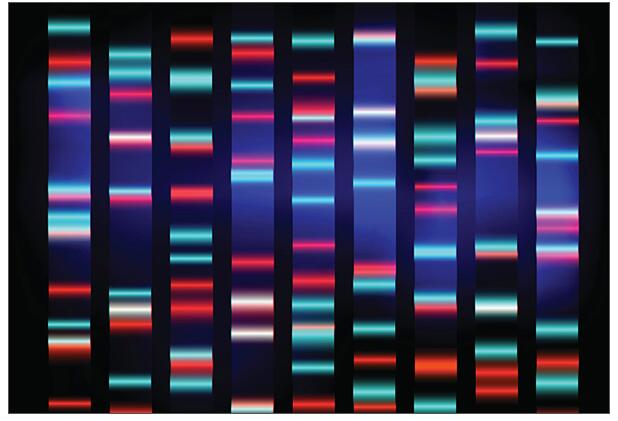110 cancer related genes! The latest sequencing technology analyzes "DNA into a ring"
Release date: 2018-03-15
On March 13th, an article published online in the US GEN magazine called "Researchers Link 110 Genes with Breast Cancer" said that
In the most comprehensive study ever, scientists at the London Cancer Institute in the UK found 110 genes associated with increased risk of breast cancer.

Source: SergeOstroverhoff/Getty Images
The study used an advanced genetics technique: Capture Hi-C analyzes the DNA region map associated with hereditary breast cancer, thereby identifying the actual genes that increase the risk of women's disease.
The research was published in the journal Nature Communications.
In this article, the researchers also linked 32 new genes to the survival of breast cancer patients, suggesting that these genes may be important for disease progression and future treatment.
It is not easy to analyze genes that cause increased risk because DNA sequences can interact with completely unrelated sequences in the genome through a strange phenomenon called "DNA Looping."
To this end, researchers have developed a technique called Capture Hi-C to study the interactions between different regions of the genome.
The researchers analyzed DNA loops from four different types of breast cancer cells and normal healthy cells, hoping to find out which genes are always involved in loop-forming interactions.
The results show that some of the 63 regions of the genome are capable of interacting physically with more than one million DNA coding regions. The researchers found 110 new genes that could lead to an increased risk of breast cancer in the 33 regions they studied.
Target genes with one-third of patient data (32 out of 97 patients) were associated with survival in estrogen receptor-positive breast cancer patients, suggesting that they play an important role in the disease.
One of these genes, FADD, was previously associated with head and neck cancer and lung cancer and is a potential new target for cancer treatment.
Dr. Olivia Fletcher, head of the Functional Genetic Epidemiology Group at the London Cancer Institute, said: "Our study used a high-risk map of high-risk areas of breast cancer to identify specific genes associated with breast cancer."
“We studied how DNA forms loops, leading to how some parts of the genome interact physically with risk genes.â€
"The identification of these new genes will help us understand the genetics of breast cancer risk in more detail. Ultimately, our research can pave the way for new genetic testing methods or for new targeted therapies."
Professor Paul Workman, CEO of the London Cancer Institute, said: "A large-scale genomics study has helped to link our DNA regions to increased risk of breast cancer. This study has brought clearer targets to these DNA regions. Brought a more detailed treasure trove of genes."
Source: Biopass
Canned Green Beans Cut,Green Beans Cut Canned,Mung Bean Canned,Green Beans Cut Tin
ZHANGZHOU TAN CO. LTD. , https://www.zztancan.com